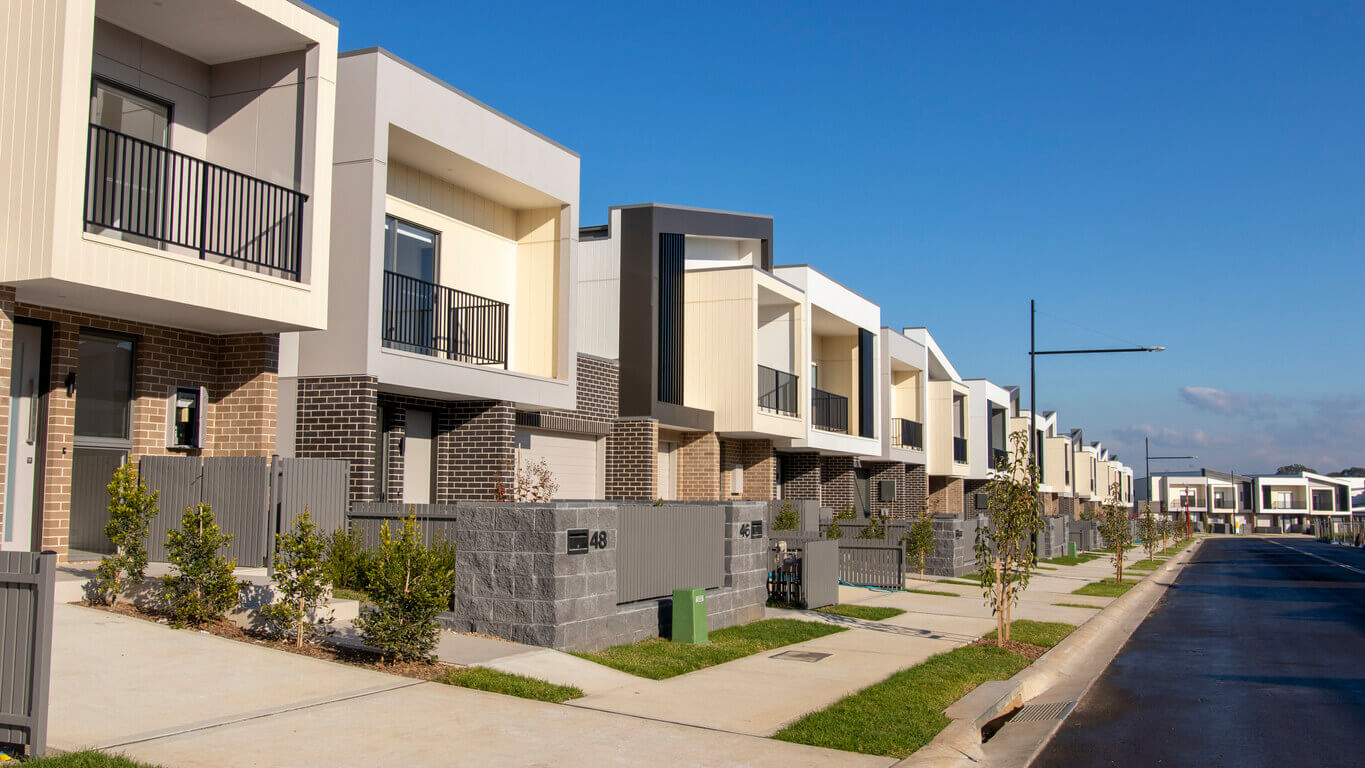Off the plan developments have a terrible rep, and very little is known about all it entails. But in reality, it isn’t a bad idea, and there are positives to it.
We can’t talk about what ""off the plan"" entails and if it is good for you if you don’t understand it. There are two sides to buying off the plan, and you’ll learn about and consider both angles. It is always essential to understand both sides as it’ll aid you in making a better and more informed decision.
What does buying off the plan mean?
It gets its name from — buying the apartment off the plan. Simply put, buying off the plan means purchasing an apartment from the intended plan before it has been built or during the building process. As a buyer, the only reference image you have is the building plan, and there's no already made physical property to make decisions on.
Positives of buying off the plan
The main upside of buying an apartment off the plan is reducing the initial deposit. It also means that you can agree on the price quite early and might pay less than it would cost when finished, as properties are usually costlier when sold as finished products.
The price often grows with time and any changes otherwise made during the construction process. As a result, it is pretty expected for the price of a property to shoot up with time generally.
Discount on stamp duty
This price cut is another positive of buying an apartment off the plan. You can get to save some money off stamp duty because there are discounts offered on new properties in some states or regions that you would otherwise miss out on if you were buying an already finished property.
This measure is because purchasing the property before the property is finished means that the buyer is only required to pay stamp duty on the land and not the finished property yet to be built. However, you will have to pay for both when buying a finished property.
Great condition
Yet another upside with getting an apartment off the plan is that it is new. You are guaranteed to be the first occupier of the space and enjoy all the features at the peak and optimum performance level. Also, you will not have to spend extra money on repairs or adjustments to fit your specifications.
You get more time
When buying a property off the plan, more often than not, you’ll only be required to pay 10% as an initial deposit to secure the contract for the property. This extra time means you will have more space while the property is being built up to save the rest of the amount for the property. This spare time in some cases can be precious breathing space.
Tax advantages
Lastly, if you plan to rent out the apartment after its completion, buying off the plan means that you can take advantage of all the tax cuts made available because of depreciation.
Risks to consider
As stated earlier, buying an apartment off the plan has its upsides and its potential downsides.
We told you how you could save money on stamp duty charges by buying early off the plan; however, it can be the opposite, requiring you to pay more in some cases. Also, just like you can save money by getting the property early and escaping whatever hike in price that can come later, it is possible that the value of the property drops whilst it’s being built.
This price drop would leave you paying more than the property costs. This scenario can significantly affect someone looking to flip the property by buying and selling immediately.
Bankruptcy for the developer
Buying off the plan should be understood as a financial risk and handled like other financial risks; you should put effort and care into research. You should endeavour to check every aspect; these include the area where the property is intended to be situated, the current housing market condition, and the developer in charge of the project.
A buyer should request past projects and contracts with previous clients. Evidence of past deals can prove the stability of the developer and help inform your decision.
The Sunset clause can expire before project completion.
There is a clause set up to prevent the seller or developer from delaying the project; it is called the Sunset clause. This clause put in a contract stipulates a length of time within which the developer has to finish the project, and in the case that the time is exceeded, the signed contract becomes void, and the buyer gets back their initial deposit.
Although the sunset clause was created to protect the buyer, some developers have begun to take advantage of it by using it to get out of a contract. They could then sell the property for a price higher than that of the existing contract.
Result of excessive speculation
Buying off the plan presents a loophole that speculators can take advantage of. When done to a certain degree, this can negatively affect the price or value of a property.
To understand this, one would need to consider a basic rule of the economy; demand and supply. If there is an excess number of buyers simply looking to flip the properties over time, they create a supply that can surpass the demand. As a result, the pricing would be forced to go down in the face of less demand for properties already invested.
Properties in a specific area can suffer a drop in price and a devaluation of the properties due to this. Although this majorly affects investors looking to make profits from the properties, it can also affect buyers by negatively affecting their loan-value ratio.

